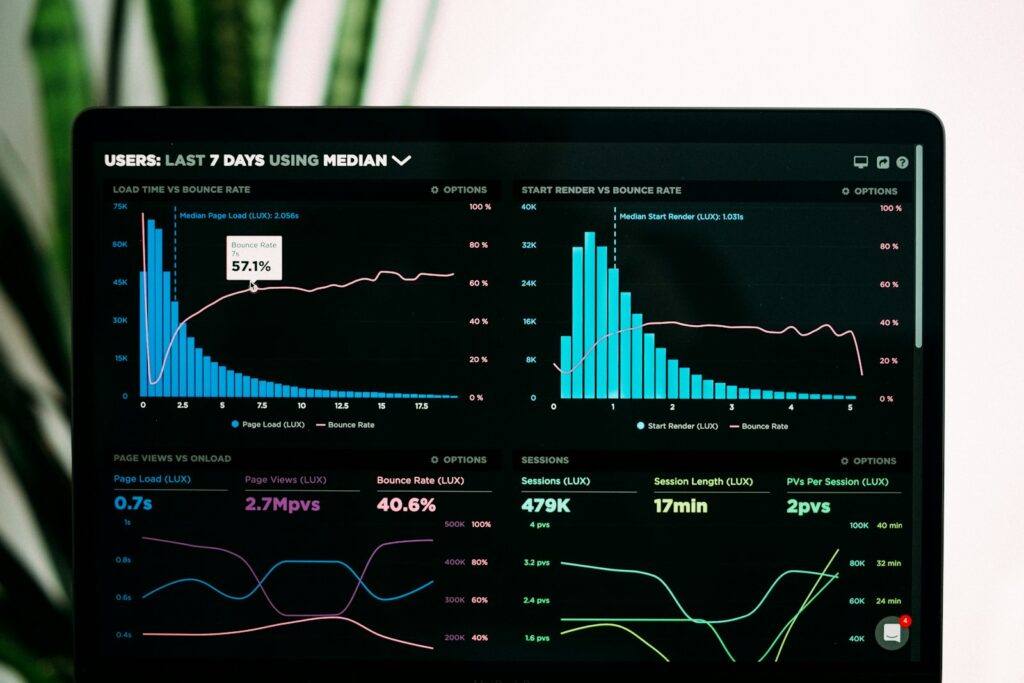Business continuity hinges on a reliable and well-functioning IT infrastructure. Any disruption to IT systems can have significant consequences, leading to lost productivity, financial losses, and reputational damage. 24/7 IT monitoring offers a proactive solution, enabling businesses to identify and address potential issues before they escalate into major problems. So what are the benefits of around-the-clock monitoring when it comes to business continuity?
1. Proactive Identification and Prevention of IT Issues
Traditional reactive IT support often involves waiting for a problem to occur before addressing it. 24/7 IT monitoring takes a proactive approach by continuously analysing system performance and identifying potential issues early on. Here’s how it works:
Real-time Monitoring and Alerts
Monitoring tools track system performance metrics such as server health, network activity, application functionality, and storage capacity. In case of anomalies or deviations from normal operating parameters, real-time alerts are generated, notifying IT teams of potential problems. This allows for early intervention and troubleshooting before minor issues escalate into significant disruptions.
Log Analysis and Anomaly Detection
Monitoring systems analyse log files from various IT components, searching for patterns or anomalies that might indicate potential problems. This proactive approach helps identify early signs of hardware failure, software errors, or impending security threats, allowing for preventative measures to be taken.
Predictive Maintenance
Advanced monitoring tools can analyse historical data and identify trends that might predict future issues. This allows for proactive maintenance, such as scheduling hardware upgrades or software updates, before potential problems arise. Predictive maintenance reduces downtime and ensures the continued smooth operation of your IT infrastructure.
By identifying and addressing potential issues proactively, 24/7 IT monitoring significantly reduces the risk of system outages and disruptions, safeguarding business continuity.
2. Faster Response Times and Improved Resolution
When IT issues do occur, rapid response is crucial for minimising downtime and its associated costs. 24/7 IT monitoring offers significant advantages in terms of response time and problem resolution:
Prompt Notification and Escalation
Real-time alerts from monitoring tools ensure immediate notification of IT staff, regardless of the time of day or day of the week. This allows for a faster response compared to traditional methods that rely on manual detection of issues.
Remote Troubleshooting Capabilities
With 24/7 monitoring, IT teams can often troubleshoot and resolve issues remotely. This eliminates the need for on-site visits during off-hours, saving valuable time and minimising business disruption.
Improved Root Cause Analysis
Monitoring tools provide detailed information about system behaviour leading up to an issue. This data helps IT teams identify the root cause of problems more effectively, enabling them to implement permanent solutions that prevent similar issues from recurring in the future.
Faster response times and improved resolution through 24/7 monitoring translate to minimised downtime, reduced operational costs, and improved overall business efficiency.
3. Enhanced Security and Reduced Risk of Downtime
Cybersecurity threats are a constant concern for businesses today. 24/7 IT monitoring plays a vital role in protecting your IT infrastructure and safeguarding business continuity:
Security Event Monitoring and Threat Detection
Monitoring tools can detect suspicious activity on your network, such as unauthorised login attempts, malware infections, or potential data breaches. This allows IT teams to take immediate action to mitigate security threats and prevent potential damage.
Compliance with Regulations
Many industries have strict data security regulations that require continuous monitoring of IT systems. 24/7 monitoring helps ensure compliance with these regulations and avoids potential legal repercussions.
Improved Patch Management
Monitoring tools can track software versions and identify outdated applications or operating systems. This allows for timely patching and updates, eliminating security vulnerabilities that could be exploited by malicious actors.
By enhancing network security and reducing the risk of downtime due to cyberattacks, 24/7 IT monitoring contributes to a more secure and resilient business environment.
24/7 IT monitoring provides significant benefits for business continuity. By proactively identifying and preventing issues, ensuring faster response times, and enhancing security, 24/7 monitoring helps businesses reduce downtime, streamline IT operations, and achieve greater resilience in today’s dynamic digital landscape. Investing in a robust 24/7 IT monitoring solution can offer a substantial return on investment by safeguarding your business against costly disruptions and ensuring smooth operations around the clock.
